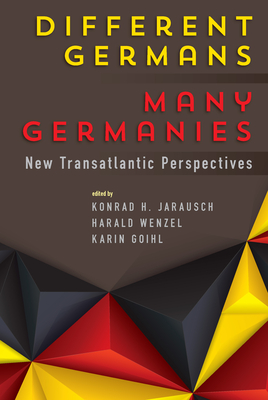Expedite your nonfiction book discovery process with Readara interviews, summaries and recommendations, Broaden your knowledge and gain insights from leading experts and scholars
In-depth, hour-long interviews with notable nonfiction authors, Gain new perspectives and ideas from the writer’s expertise and research, Valuable resource for readers and researchers
Optimize your book discovery process, Four-to eight-page summaries prepared by subject matter experts, Quickly review the book’s central messages and range of content
Books are handpicked covering a wide range of important categories and topics, Selected authors are subject experts, field professionals, or distinguished academics
Our editorial team includes books offering insights, unique views and researched-narratives in categories, Trade shows and book fairs, Book signings and in person author talks,Webinars and online events
Connect with editors and designers,Discover PR & marketing services providers, Source printers and related service providers

Different Germans, Many Germanies: New Transatlantic Perspectives
History > Europe - Germany
- Berghahn Books
- Paperback
- 9781789200782
- 9 X 6 X 0.71 inches
- 1.01 pounds
- History > Europe - Germany
- (Single Author) Asian American
- English
Readara.com
Book Description
As much as any other nation, Germany has long been understood in terms of totalizing narratives. For Anglo-American observers in particular, the legacies of two world wars still powerfully define twentieth-century German history, whether through the lens of Nazi-era militarism and racial hatred or the nation's emergence as a model postwar industrial democracy. This volume transcends such common categories, bringing together transatlantic studies that are unburdened by the ideological and methodological constraints of previous generations of scholarship. From American perceptions of the Kaiserreich to the challenges posed by a multicultural Europe, it argues for--and exemplifies--an approach to German Studies that is nuanced, self-reflective, and holistic.
Author Bio
Konrad H. Jarausch has written or edited about forty books in modern German and European history. Starting with Hitler’s seizure of power and the First World War, his research interests have moved to the social history of German students and professions German unification in 1989/90, with historiography under the Communist GDR, the nature of the East German dictatorship, as well as the debate about historians and the Third Reich.
More recently, he has been concerned with the problem of interpreting twentieth-century German history in general, the learning processes after 1945, the issue of cultural democratization, and the relationship between Honecker and Breshnew.
Education
- MA University of Wisconsin, 1964
PhD University of Wisconsin, 1969
Source: University of North Carolina
Videos








Community reviews
No Community reviews

